
New research demonstrates why it’s crucial to examine manic and other symptoms in their entirety when making a treatment plan.

New research demonstrates why it’s crucial to examine manic and other symptoms in their entirety when making a treatment plan.

Film can be a powerful vehicle for conversation and social change in the fight against psychiatric stigma.

Three reasons clinicians skip over bupropion.

Has DSM-5 made diagnosis of bipolar disorder more difficult? Answers to this and 5 other questions.

In an international network of patients with bipolar illness, more offspring of US patients than of those from Europe had received a mental illness diagnosis. This suggests greater epigenetic vulnerability in Americans.
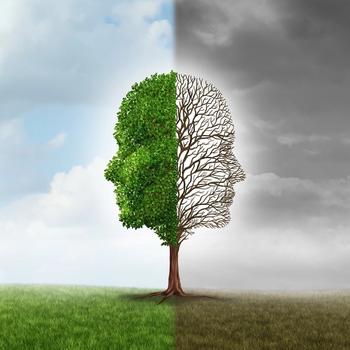
How generalizable are the results of depression treatment studies? Which factors predict readmission and length of stay in inpatients with mood disorders?

In this study, about 70% of patients who completed suicide had recently sought treatment. Will you recognize those at risk?

An important alternative to pharmaceutical treatments may be at hand.

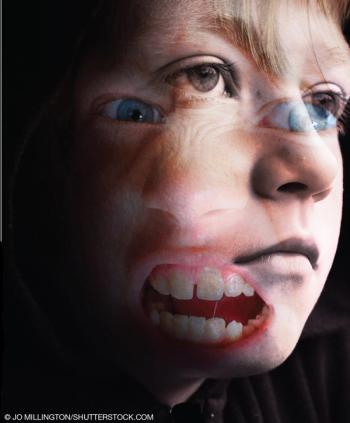
Here are four recent studies that provide clinically relevant information on medication management of bipolar disorder in youths.
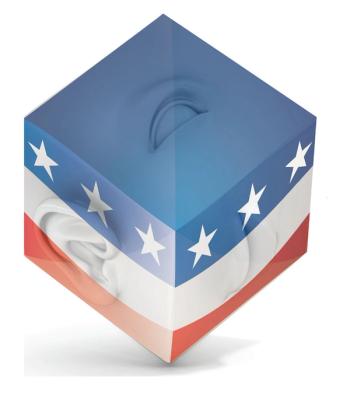
For too long the treatment needs of the seriously mentally ill have been ignored by SAMSHA, and this needs to change, says this psychiatrist.
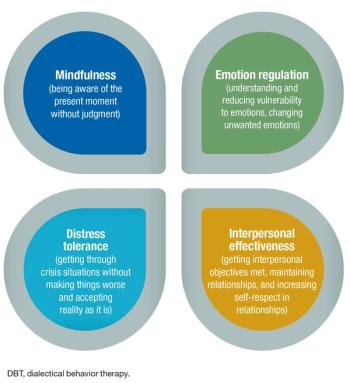
The latest research on DBT for treating psychiatric disorders, such as ADHD, bipolar disorder, eating disorders, and depression.
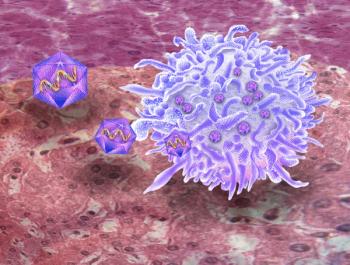
Because over half of persons with HIV infection have a lifetime history of depression or bipolar disorder, psychiatrists are uniquely positioned to provide both preventive and therapeutic interventions to vulnerable patients.

A man searches for the answers to what happened to him psychologically after a childhood of high achievement. But facts intersect with fiction in this documentary.
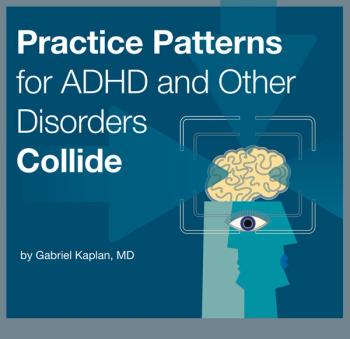
Recent data show that widespread discrepancy exists between clinical guidelines and practice patterns for ADHD, dementia, and bipolar disorders.

We see yet another confirmation that thyroid hormone has value as an augmentation agent. What does this mean for our patients?

How targeted interventions may reduce the burden of premature mortality among patients with schizophrenia and other psychiatric disorders.

How do the 3 FDA-approved dopamine receptor partial agonists for the treatment of MDD and other psychiatric disorders stack up against each other?

The author scrutinizes the results of a new pilot study that finds the Fisher Wallace Stimulator® effective in treating bipolar depression.

Experts summarize data on the role of inflammation in psychiatric disorders, emphasizing that evidence for anti-inflammatory treatment for mood disorders is limited, and mixed.

Unspecified bipolar disorder? Comorbid borderline personality disorder? Or, in the case presented here, is it time to break out the mixed specifier from DSM-5?
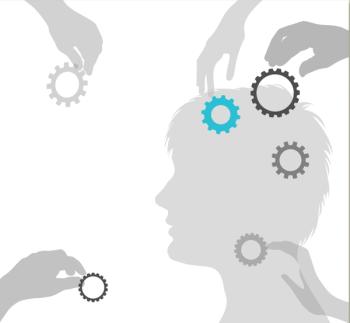
Can schizophrenia be distinguished from bipolar disorder via gray matter volume?

Dr David Osser offers compelling reasons why you might want to take a look at these 7 algorithms, each of which offers actionable consultations-usually in under 2 minutes.
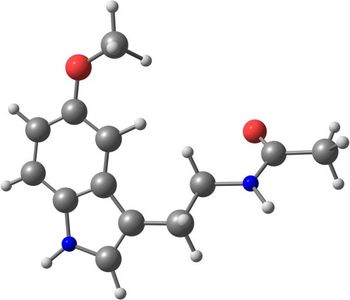
The SRT polymorphism is one of the most well studied genetic variations affecting mood disorders. Once personal genetic information is readily available, can we help patients understand the implications of their results?

Is prevention of bipolar disorder possible? What happens before a manic or hypomanic episode that identifies this illness? Researchers asked whether there are any signs or symptoms that predict later diagnosable bipolar disorder with reasonable accuracy.